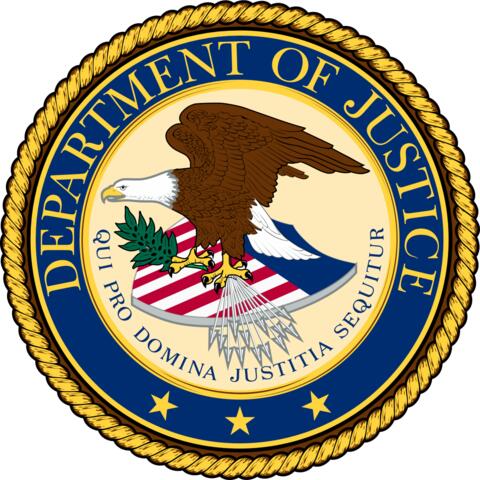NEWARK, N.J. – Four people were arrested today in connection in a scheme to defraud banks by using stolen and altered identities to fraudulently obtain credit cards and then using those cards to make over $2.5 million in charges that were never repaid, U.S. Attorney Craig Carpenito announced.
Shahid Akhtar, 42, of Linden, Tassadiq Hussain, 70, of Sayreville; Asif Ali, 39, of Carteret, and Mohammad Mushtaq, 54, of Valley Stream, New York; are each charged by complaint with one count of conspiring to defraud financial institutions. The defendants are scheduled to appear later today before U.S. Magistrate Judge Joseph A. Dickson in Newark federal court.
According to documents filed in this case and statements made in court:
The defendants engaged in a scheme to use stolen and altered identities to obtain credit cards from financial institutions and then use those credit cards to make purchases that they had no intention to repay, leaving the financial institutions to bear the losses.
The defendants and their conspirators used the personally identifying information of actual people, including dates of birth, drivers’ license numbers, and Social Security numbers, to create “synthetic identities,” sometimes by pairing the name and Social Security number of actual person with a fictitious birthdate, and sometimes by pairing the person’s Social Security number with a fictitious name and birthdate.
They often used the name and Social Security number of a minor and altered the birthdate to make the identity appear to be that of an adult.
The defendants and their conspirators then used the stolen and synthetic identities to obtain lines of credit, primarily through opening credit card accounts at financial institutions (the “fraud cards”). The fraud cards were maintained in good standing with the financial institutions long enough to establish the creditworthiness of the stolen and synthetic identities.
The defendants and their conspirators then “busted out” the fraud cards by making large purchases and never repaying the debts.
The defendants and their conspirators also incorporated and registered in various states numerous purported companies that did little or no legitimate business (the “sham companies”). The sham companies typically reported mailing addresses that were not brick-and-mortar business locations but were in fact “virtual mailboxes” offered by a company that provides mail receiving and forwarding services, as well as virtual office space, for a fee.
The defendants and their conspirators used these sham companies to make hundreds of thousands of dollars’ worth of charges to the fraud cards, which were then deposited in bank accounts opened in the sham companies’ names. The defendants and their conspirators then withdrew these funds in cash.
The defendants and their conspirators routinely used “drop addresses” in New Jersey, New York, and elsewhere as the purported mailing addresses for the fraud cards and the sham companies. These drop addresses were typically not residential locations, but rather mailboxes offered for lease for the receipt of mail by a commercial package delivery company. In most cases, the defendants and their conspirators rented these mailboxes using fraudulent identification documents created using stolen and altered identities. The drop addresses were then maintained for the purpose of receiving mail sent in connection with the fraud cards and the sham companies.
The charge of conspiring to defraud financial institutions carries a maximum penalty of 30 years in prison and a $1 million fine, or twice the gross gain or loss from the offense.
U.S. Attorney Carpenito credited special agents of the U.S. Postal Inspection Service, under the direction of Inspector in Charge James Buthorn, with the investigation leading to today’s arrests.
The charges in the complaint are merely allegations, and the defendants are presumed to be innocent unless and until convicted.
The government is represented by First Assistant U.S. Attorney Rachael A. Honig.
